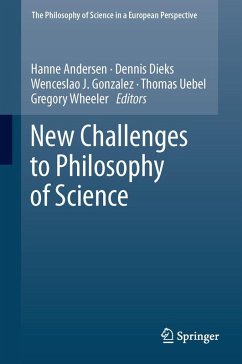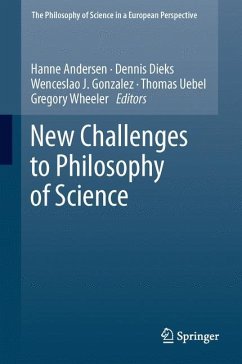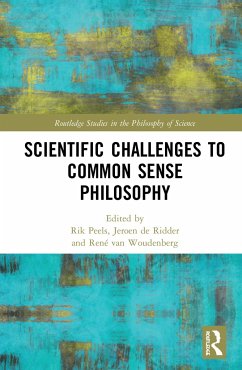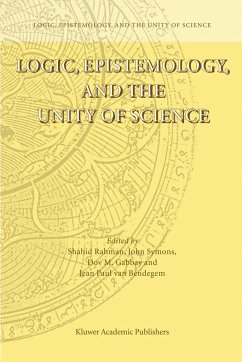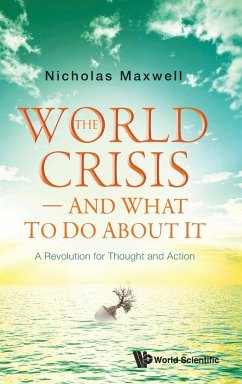
Challenges to the Enlightenment
Versandkostenfrei!
Versandfertig in über 4 Wochen
29,99 €
inkl. MwSt.

PAYBACK Punkte
15 °P sammeln!
The Enlightenment was an intellectual movement which began in seventeenth century Europe and espoused an optimistic project: an end to human ignorance and the slavish adherence to ancient text and dogma; the application of scientific principles to solving the world's problems; the elimination of inequality between the sexes; and the advocacy of political rights for all citizens. Modern western society, with its democratic institutions and its reliance on science as the basis of technology and industry, is largely an outgrowth of Enlightenment ideals.Yet today the entire Enlightenment agenda is...
The Enlightenment was an intellectual movement which began in seventeenth century Europe and espoused an optimistic project: an end to human ignorance and the slavish adherence to ancient text and dogma; the application of scientific principles to solving the world's problems; the elimination of inequality between the sexes; and the advocacy of political rights for all citizens. Modern western society, with its democratic institutions and its reliance on science as the basis of technology and industry, is largely an outgrowth of Enlightenment ideals.Yet today the entire Enlightenment agenda is being challenged, not only by members of religious orthodoxy but also by a group of academics loosely described under the label of "postmodernism." Whereas the Enlightenment project has always been at odds with religious orthodoxy, which has traditionally been suspicious of efforts to achieve human progress without supernatural support, today it must deal with a very different type of attack from postmodernist intellectuals. Critics of this school question the very ability of human reason to grasp objective reality, and they raise serious objections to the reliability and efficiency of the scientific method and the "tyranny of democratic elites."Is the Enlightenment project still worth pursuing? The distinquished members of the Academy of Humanism who have contributed to this volume are united in their conviction that the ideals of the Enlightenment must be preserved.The contributors include: Elena Bonner, Vern Bullough, Mario Bunge, Bernard Crick, Richard Dawkins, Jose M.R. Delgado, Ann Druyan, Antony Flew, Yves Galifret, Adolf Grunbaum, Paul Kurtz, Thelma Lavine, Jose Leite Lopes, Indumati Parikh, John Passmore, Jean-Claude Pecker, Karl Popper, Richard Rorty, Mourad Wahba, George A. Wells, and Edward O. Wilson.




